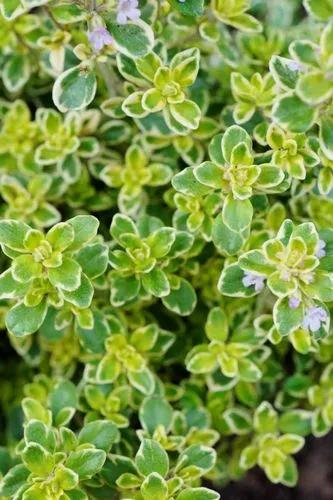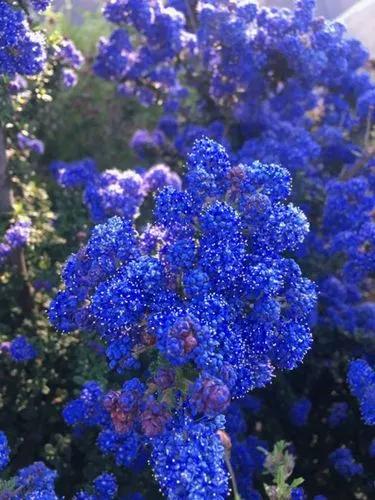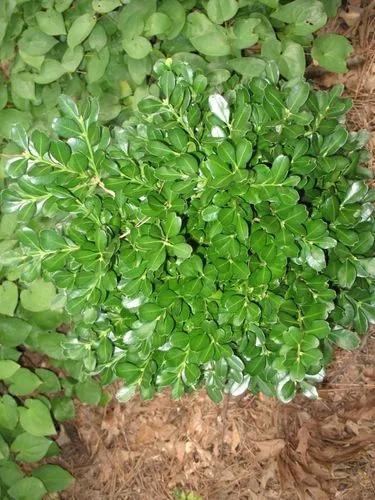Serissa foetida derives its name from the fetid smell of its bark and roots when they are crushed or cut. Foetida is literally 'foul-smelling' in Latin. (It should be noted that S.foetida is sometimes referred to by its old Latin name Serissa Japonica). Serissa is a genus of only one species (foetida), a small evergreen shrub up to only 50cm in height, from moist, open woodland in S.E. Asia. Its leaves are borne in opposite pairs and branches are produced in dense numbers from both old and new wood giving the tree good potential for bonsai cultivation. Serissa produce numerous small funnel shaped flowers during the summer (and at other times of the year in alien environments) hence its common name 'Tree of a thousand stars'. There are now quite a variety of forms of S. foetida in cultivation that carry variegated leaves with single or double flowers. Though very commonly found for sale at bonsai establishments throughout Britain and Europe, the Serissa is notorious for being hard to keep for both experienced hobbyists and beginners alike. The Serissa has a tendency to yellowing and dropping leaves if correct growing conditions are not kept. Being a subtropical species Serissa have to be protected from temperatures below 7°C which means indoor cultivation is required in most areas of Europe and America for a good proportion of the year. However, here lies the heart of the problem with this species; it is difficult to keep up the humidity levels required by Serissa in an indoor environment and this often causes the tree to suffer.
Serissa Bonsai Tree Care
Serissa Foetida



How to Care for the Plant

Water

Bonsai generally need to be watered every couple of days, but there is no set schedule. When the topsoil feels dry, water thoroughly and deeply. An old Bonsai watering trick is to place the entire pot in a sink of water an inch or two deep. Let the water absorb from the holes in the bottom of the pot.

Pruning

Pruning and wiring: The serissa tolerates hard pruning which should be executed in early spring, if necessary. Young trees are trimmed back to 2 leaves when the shoots have produced 4 – 5 leaves. Older trees are trimmed less as long they are flowering, but are pruned thoroughly after flowering.

Fertilizer

Fertilizing: Apply a small amount of solid organic fertilizer every four weeks or use a liquid fertilizer in a low concentration every week during the growing season. Use a fertilizer with a balanced N-P-K ratio. In winter fertilize once a month with a low dose of liquid fertilizer if the tree is kept in a warm place.

Temperature

Serissa Bonsai do not tolerate frost and needs temperatures between 50°F (10°C) and 68°F (20°C) in winter. If you need help identifying your tree, try our Bonsai tree identification guide.

Additional

Serissa is one of the most common bonsai plants therefore I'm assuming that if its not listed as toxic, its not toxic. The serissa is also called snowrose, tree of thousand stars or Japanese boxthorn. It is a subtropical small shrub with tiny white flowers that appear from spring through summer. The Serissa is evergreen or semi-evergreen with fine oval, shiny green leaves. Foliage and roots have an unpleasant smell if damaged.

Popularity

373 people already have this plant 47 people have added this plant to their wishlists
Discover more plants with the list below
Popular articles






